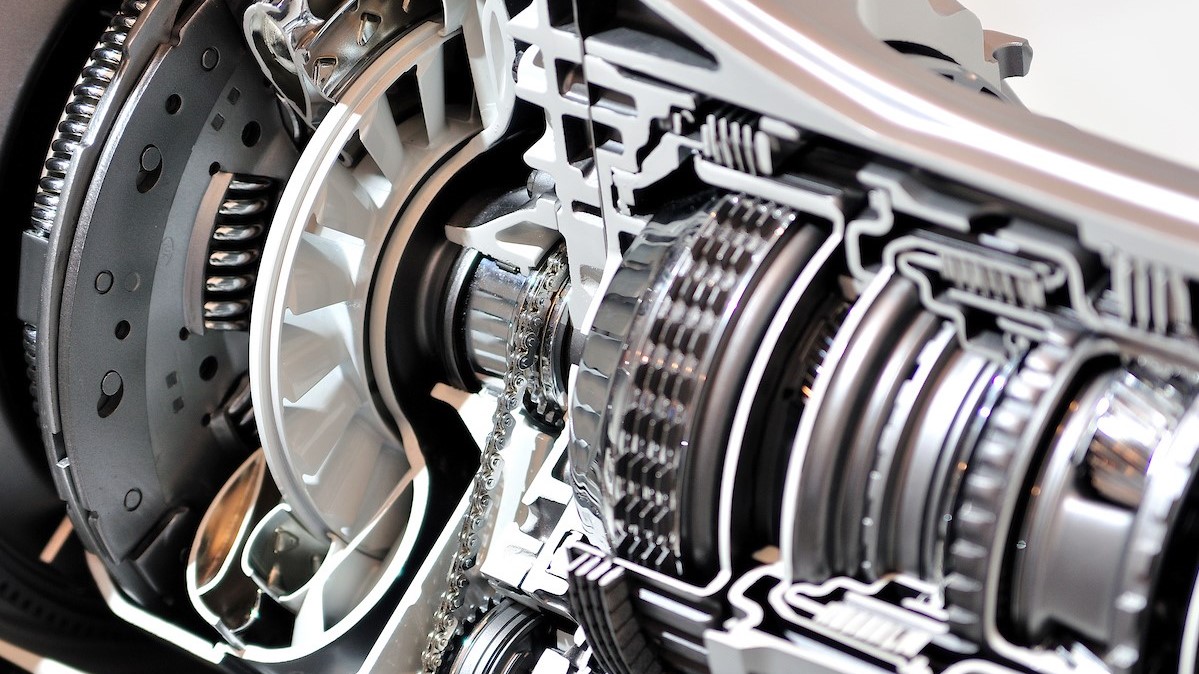
Differential fluid and transmission fluid are the lubricants that play a major role in maintaining your car’s performance from behind the scenes. You can search for the best oil for differential as there are many on the market and decide one that suits your needs the most.
These oils are meant to prevent the gears from overheating as well as rusting and ensure smooth functioning. Though they play the same role in machines, there is a small difference that you need to understand. Read this article till the end to get extended information on differential fluid vs transmission fluid.
Is Differential Fluid the Same As Transmission Fluid?
Before we dive into the question directly, we need to clear the basics. There are two common terms: gearbox and transmissions. Are these the same? No, even from the name, you might guess that. A manual gearbox is a toolbox with a gearbox and clutch pedal for drivers. They are the transmissions that pass the mechanical energy to uplift the speed of the vehicle. The direction of the gearbox decides the speed that can be changed only by using the clutch.
Nowadays, automatic cars are in high demand. These do not have a clutch or gear, so how can one change the speed? Here comes another speed saver, which is the automatic transmission. This system uses torque converters that replace the set of gears. Thus, you can say that the manual gear system is the differential part of the transmission system. Hence, making it more convenient for the drivers to concentrate on the road.
To clearly understand the topic of transmission fluid vs differential fluid, these systems play a major role. To give you a brief idea, both fluids are not the same due to several factors such as their viscosity, heat resistance, and more. The difference between them is based on where they’re being used; differential fluid is well-suited for manual gearboxes, and transmission fluid is better for automatic transmissions.
Differential Fluid vs Transmission Fluid: Main Differences
Gear oil or differential oil is applied to the manual gear systems for the effective and smooth functioning of the gears and clutch. On the contrary, transmission oil lubricates the mechanical parts of the automatic transmission system. In turn, it helps in preventing rust, overheating, and keeps the fluid pressure as per the requirement. The density of the transmission oil is minimum, and differential oil is maximum when compared to the motor oil. Further, the points between differential oil vs transmission fluid will be more clear when we will look at the key properties.
Heat Resistance
As we all know, friction resists the sliding motion between the components. The two-handle system of the manual gearbox undoubtedly produces high resistive force to keep its components moving in the given direction. Further, it produces a high amount of heat and energy. Higher resistance can be solved only through a thick fluid like differential fluid. Transmission fluids prevent the automatic system from overheating as well, but the amount of heat produced is less. Thereby, a less thick transmission oil can solve the issue.
Viscosity
Higher viscosity can be handled only by a highly dense fluid that is by differential oil. Automatic systems lack components that need high maintenance; therefore, it uses less dense transmission oil. Transmission fluid has viscosity even lower than motor oil. The lower viscosity keeps the fluid light and continuously flowing. Therefore, it makes it convenient to reach the small parts of the system and provide energy from the engine.
Performance Under Extreme Pressure
The set of gears in your car’s gearbox work continuously to increase your speed with a high force. High force comes with a higher pressure. This pressure can not be handled by every system out there. Differential oils tolerate this amount of pressure and keep your speed and car’s components free from rust and unbeatable in the long run. On the other hand, transmission lubricants do not need to handle extreme pressures and, therefore, lack such properties.

My name is Brandon, and I’ve been interested in cars since I was a kid. I got a bachelor’s degree in Automotive Technology and worked in a private car workshop. I have two cars that have been completely upgraded with my own hands. So I successfully put all my knowledge into practice.
